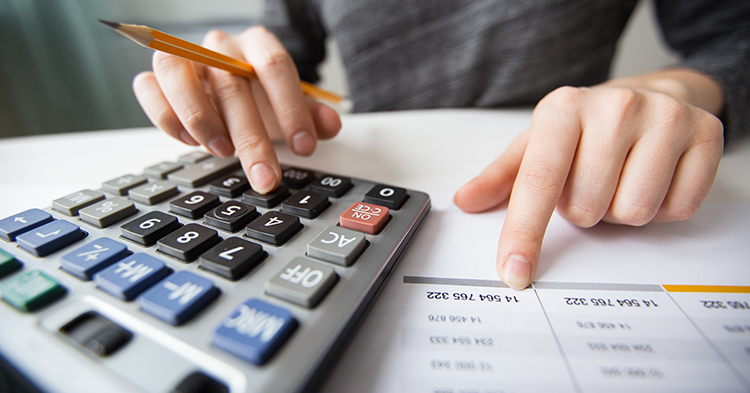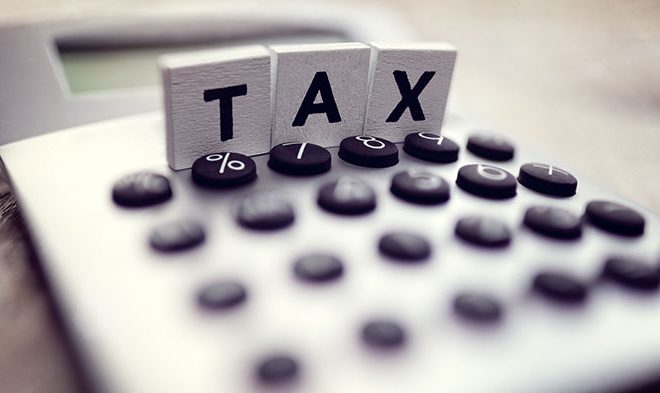Five basic financial planning tools that offer big value
If there is one topic that we cannot speak about enough, it is financial planning. As clichéd as the saying “money makes the world go round” may be, there is unfortunately a lot of truth to it, which is why we have to make sure that we plan our finances effectively and efficiently. These five basic tools will help you to do just that.
1. Know where your money goes
Managing your money, both personally and if you own your own business, will help build the basic stepping stone to keeping your finances in check. Review your budgets monthly and make the necessary changes, especially to your spendin. If you find that you are putting money towards unnecessary expenses fix it. Having a solid foundation is key to effective financial planning.
2. Choose cash over card
One of the easiest ways to fall victim to debt is with a credit card. Seeing your money being spent via sms notifications is not as realistic as seeing the physical cash leaving your wallet. Don’t let your heart drop a little at the end of each month, rather purchase with cash where possible – but if a card is your preferred way to pay, then put your available limit onto the card upfront and only spend what’s there. Also, make sure that you pay the minimum monthly fees on your cards at the end of the month to avoid debt. By choosing cash over card you can also cut out unnecessary monthly bank fees.
3. Invest in your future
We have spoken about it before, but saving for retirement is of vital importance. Majority of companies force retirement at the age of 65 and you don’t want to be caught without any money in your bank account. It doesn’t matter if you contribute R500 or R5000 a month – every cent counts.
4. Ensure that you are insured
There are so many insurance policies from which to choose, each with their own importance. From life insurance to funeral cover, to car insurance and home insurance, you need to do the necessary research to find out which policies apply to your current lifestyles.
5. S.A.V.E.
Maybe the most basic, and easiest, way to plan your finances is to save your money. Once you have reviewed your budget, take the money that is left over and put it into some kind of investment; even if it is a simple savings account with your bank, or an old school piggy bank in your cupboard. Don’t forget though to make sure that your money will be earning some kind of interest from the investment you choose.
MoneyShop





